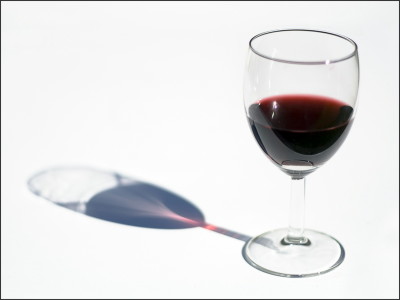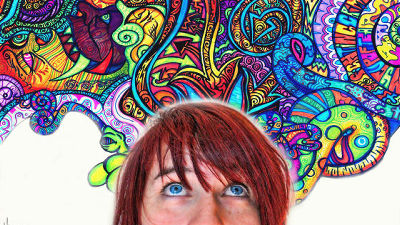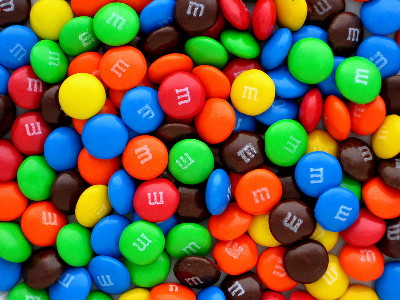Experiment confirms that the taste of wine depends on previous information

It was proved by experiments that the information given before the tasting of the wine acts on the taste and the subjects are given information and give information to the subject before and after tasting, respectively. It seems that it was not a waste to preach the pecking about the wine before the customer talked in the restaurant.
Details are as below.Wine Tasting: Expectations Influence Sense Of Taste, Tests Show
Wine criticRobert ParkerBy Mr.Parker PointBefore the information such as the evaluation of wine, it also affects how you feel the tasteZurich Institute of TechnologyProfessor Michael Siegrist specializing in Consumer Behavior Studies at Department of Environmental Decision Making and Professor Marie - Eve Cousin of postdoctoral researcher revealed. This result isAppetiteIt is published in the magazine.
In order to verify the hypothesis that "Wine critic's opinion influences not only the evaluation on the wine but also on the taste", in the experiment 163 subjects were given Argentine red wine "Clos de Los Siete Mendoza" (2006) To taste, asked 10 levels of evaluation from "not like at all" to "wonderful" and the price "how much can I pay for this wine"? This wine has a very high evaluation which is 92 points out of 100 points out of 100 in Parker points.
163 subjects were divided into 5 groups, the information that the "Parker Point is 92 points" in the 1st group, the "72 points (the average wine)" in the 2nd group is false Tell the information before each tasting, told the third group "92 points" and the fourth group "72 points" before tasting to evaluate the information. The fifth group was not given any information as a control group before or after the tasting. Tasting and evaluation were done one by one.
Analysis of the results of the experiment revealed that the evaluation on wine was different between the group given before tasting and the group given after tasting, "92 points" and "72 points" . It seems that the evaluation by the group which was tasted in advance by the information "72 points" was significantly lower than the other groups. The evaluation by the group which had been reported in advance "92 points" is higher than the group which tasted the same "92 points" after tasting (before evaluation).
Also, these pieces of information influenced the evaluation "how much can you pay for this wine", and the group that was reported as "72 points" seems to have given the lowest price.
Researchers believe that the hypothesis that the first "wine critic's opinion influences the taste" is proved by this result. Evaluation of the subject's wine was not affected by the information given after the tasting. Assuming that the subjects are making evaluations that follow Parker Points in an effort to make themselves better, the evaluation will also depend on the information conveyed after the tasting. As a result, the group that gave information before the tasting did not change the opinion in order to show himself well, and it seems that the information in advance influenced the taste feeling.
Psychosocial factors also naturally influence the evaluation of the taste of wine and those who appoint gourmets and wine trucks may change the evaluation of wine after listening to opinion of critics to maintain the face , Researchers acknowledge. This element is to be examined further in future research.
If this can be said to not only wine but also other foods, is it that people who visited the shop based on high evaluation such as the Michelin guide feel delicious at that store's dish? Taste can not be evaluated absolutely, but if you feel the same thing delicious, I feel that there is no loss even if I hear opinions from guide and critic.
Related Posts:







